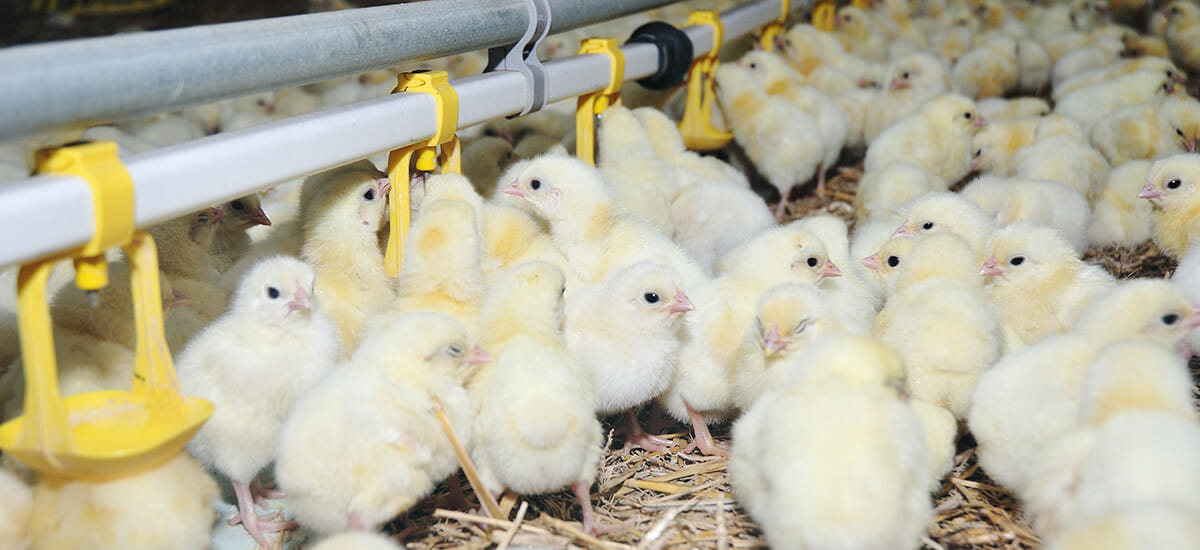The company is one of several making the move amid concerns that the overuse of these antibiotics, used by some producers to spur growth and prevent disease in animals grown for meat, is partially responsible for the rise in multi-antibacterial-resistant superbugs. “We think this move is the most responsible approach to balance a global health […]

The company is one of several making the move amid concerns that the overuse of these antibiotics, used by some producers to spur growth and prevent disease in animals grown for meat, is partially responsible for the rise in multi-antibacterial-resistant superbugs.
“We think this move is the most responsible approach to balance a global health concern and animal well-being,” Worth Sparkman, a representative for Tyson, tells Modern Farmer in an e-mail. “Our poultry business has already made significant progress reducing the use of human antibiotics.”
Tyson has already stopped using all antibiotics in its broiler hatcheries and has reduced the use of human antibiotics given to its broiler chickens by 80 percent since 2011, according to Sparkman.
The Center for Science in the Public Interest, a nonprofit watchdog and consumer advocacy group, says it welcomes the decision by Tyson.
“We encourage other agricultural sector producers to follow suit so that life-saving drugs do not become ineffective,” David W. Plunkett, the senior staff attorney for the organization’s Food Safety Program, tells Modern Farmer via e-mail.
Recently, Perdue Farms, Inc., another major player in the chicken industry, began scaling back its use of human antibiotics in its poultry, and fast food giant McDonald’s has committed to not buying any more chicken treated with these drugs within two years.
Consumer demand for antibiotic-free meat and headlines about superbugs seem to be helping drive these changes.
In response to a question on whether the move was made because of consumer demand, Sparkman answers that the company is “doing this because we want do our part to help address global concerns about antibiotic resistance.”
While the Arkansas-based company’s move is strictly limited to its U.S. flocks, Tyson says it has plans to look at its global chicken operations, but has not set a timeframe.
The company is also forming working groups with the farmers and other members of its beef, turkey and pork product supply chains in the hope of finding ways to reduce the use of human antibiotics at these farms.
Sparkman says they are “committed to reducing human antibiotic use in our beef, pork and turkey operations” but that setting a timeframe is problematic since these businesses are structured differently.
“Unlike our chicken business, we don’t typically own the cattle and hogs and instead buy them from independent farmers and ranchers,” says Sparkman. “We’ve already started talking to them about ways we can work together to reduce human antibiotic use.”
Plunkett hopes that Tyson “has set a high bar that others will strive to reach,” but believes voluntary action isn’t enough.
“We need to ban the use in animal agriculture of antibiotics that are critically important to human health, and restrict the use of other antibiotics in animal agriculture to situations involving actual threats to an animal’s health,” he says.